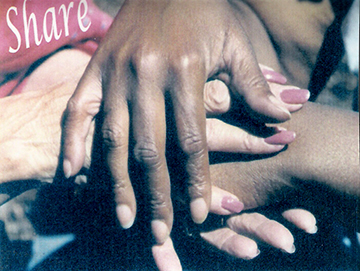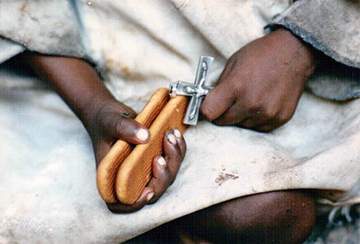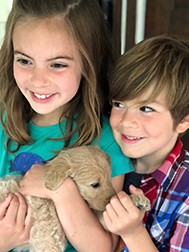Readings: Deuteronomy 8:2–3, 14B-16A; Psalm 147:12–20; 1 Corinthians 10:16–17; John 6:51–58
 Today, we celebrate the real presence of the Body and Blood, Soul and Divinity of Jesus Christ in the elements of the Eucharist. But, in these difficult times, when we are not attending Mass and Communion in our churches, can we celebrate? For most of us, it has been twelve weeks. We have been blessed with live-streamed liturgies.
Today, we celebrate the real presence of the Body and Blood, Soul and Divinity of Jesus Christ in the elements of the Eucharist. But, in these difficult times, when we are not attending Mass and Communion in our churches, can we celebrate? For most of us, it has been twelve weeks. We have been blessed with live-streamed liturgies.
The Eucharist was established by Christ on the first Holy Thursday. The mood though was somber. Moments after the breaking of the bread and the drinking of the cup, Christ was betrayed. The next day He was crucified, died and was buried. Certainly, this was no celebration. St. Thomas Aquinas recognized this. He wanted our Church to truly celebrate the Most Holy Body and Blood of Christ. He advocated strongly for today’s feast and in 1264, the Feast of Corpus Christi was instituted in our Church’s calendar. It came with processions, the monstrance and blessings. Over the years, it came to be one of five feast days on which bishops should not travel outside their diocese.
Even though we may not be physically receiving Eucharist today, we are being shown many ways to celebrate the presence of Jesus in ourselves and others. These past three months have allowed us to reflect on our lives, to walk quietly with Christ, to review our life goals and to renew old friendships. Today’s hardships have let us reflect on the gift of life and good health. We have been made more aware of the homeless and victims of domestic violence. We have been shown the courage of neighbors: nurses, doctors, hospital staff, EMS workers, food providers, postal workers. We are more aware of the importance of farm workers, many of whom are undocumented. I have also witnessed the courage of local food pantry workers, three of whom developed COVID-19, another who died. All of these women and men have come to be the “Face of Christ.” During these past few weeks, we have also come to witness Christ in the faces of those suffering a lifetime of pain because of racism.
 In today’s first reading, we witness the trials suffered during those forty years in the desert — surely a test of faith. So many went hungry, yet until God intervened with manna, so many others nursed and cared for them. They were keeping His commandments. During our twelve or fourteen weeks in our own desert, are we living His commandments?
In today’s first reading, we witness the trials suffered during those forty years in the desert — surely a test of faith. So many went hungry, yet until God intervened with manna, so many others nursed and cared for them. They were keeping His commandments. During our twelve or fourteen weeks in our own desert, are we living His commandments?
Our second reading suggests that we be aware that today’s hidden blessings are a form of Eucharist. Christ shared a loaf of bread and a cup of wine with his friends. As we return to Mass, let’s share our Eucharist with our community of friends. “We, though many, are one body.” Jesus, in the Eucharist, has been my friend for seventy years. I choose to receive him in my hand so that I can take just two seconds to see such a magnificent sight and as I walk away, I say: “Jesus is a friend of mine!”
In today’s Gospel Jesus talks to the Jews, who then argue among themselves about the confusion the gift of Eucharist presented to them. “How can this man give us his flesh to eat?” We are fortunate today; all we have to say is I BELIEVE!
– Bill Hurley

Bill’s grandchildren with their new puppy
Bill, an Associate of the Sisters of Charity of New York, previously worked with the Sisters of Charity for thirty years: St. Joseph Hall (Children’s Services), 1970–91, and as the Congregation’s Director of Development, 1996–2014. Today, Bill is a volunteer at Country Kid’s Food Pantry in Washingtonville, N.Y. He volunteers in the Congregation’s Office of Peace, Justice and Integrity of Creation as chairperson of the Immigration Committee and member of the PJIC Think Tank. Bill is a strong advocate for social justice. He and his wife, Madeline, have three children and two grandchildren.

Thank you, Bill, for your reflection. This has always been a special Feast for me. I am so grateful that over the years the deep intimate connection between Jesus present in the consecrated bread and wine and in relationships with family, friends, ministry colleagues and Creation has grown within me. This Feast Day as we drink the blessing cup of today’s signs of the times, may we bless and break the bread of our lives together, knowing that we are one body, blessed and broken, enriched in our diversity, united and strengthened by God’s compassionate healing presence and love.